FaCeT
Team
The FaCeT research team spans several universities, agencies, and organizations, with interdisciplinary expertise in fisheries science, ecology, data visualization, digital innovation, and resource management.
With a proven track record of meaningful stakeholder engagement and co-production of knowledge, the FaCeT team is dedicated to building tools and applications with and for fishery stakeholders to support climate-resilient fisheries. Our team is committed to supporting protected areas and sustainable fisheries nationally and globally.
Meet the Team
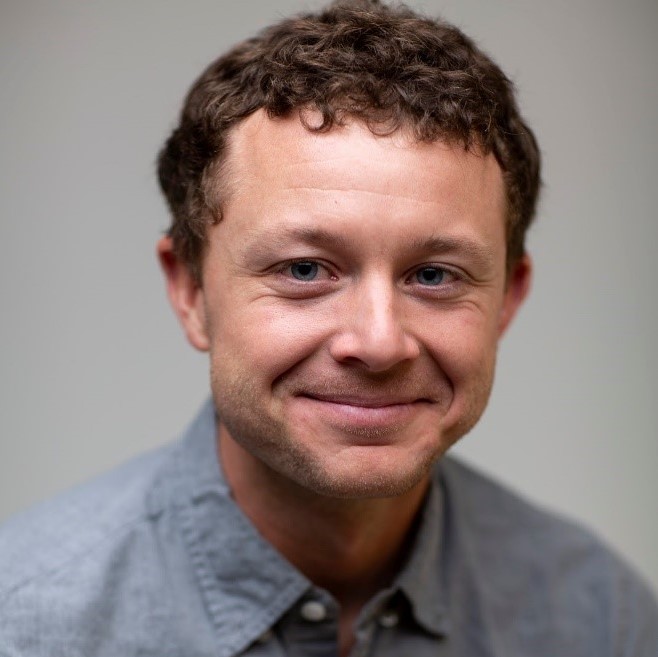
Camrin Braun is a biological oceanographer and assistant scientist at the Woods Hole Oceanographic Institution. His research on physical-biological interactions in the ocean seeks to unite top predator ecology and oceanography with the challenges of managing living marine resources in a dynamic ocean. He is particularly passionate about applying computational, lab, and field-based approaches to emerging ocean challenges.
Camrin received his PhD from the Massachusetts Institute of Technology-Woods Hole Oceanographic Institution Joint Program in Oceanography in 2018 and completed his postdoc at the Applied Physics Laboratory at the University of Washington studying the influence of (sub)mesoscale oceanography on pelagic ecosystems. He received his MSc from King Abdullah University of Science and Technology in Thuwal, Saudi Arabia. Camrin is a National Geographic Explorer and a member of The Explorers Club.
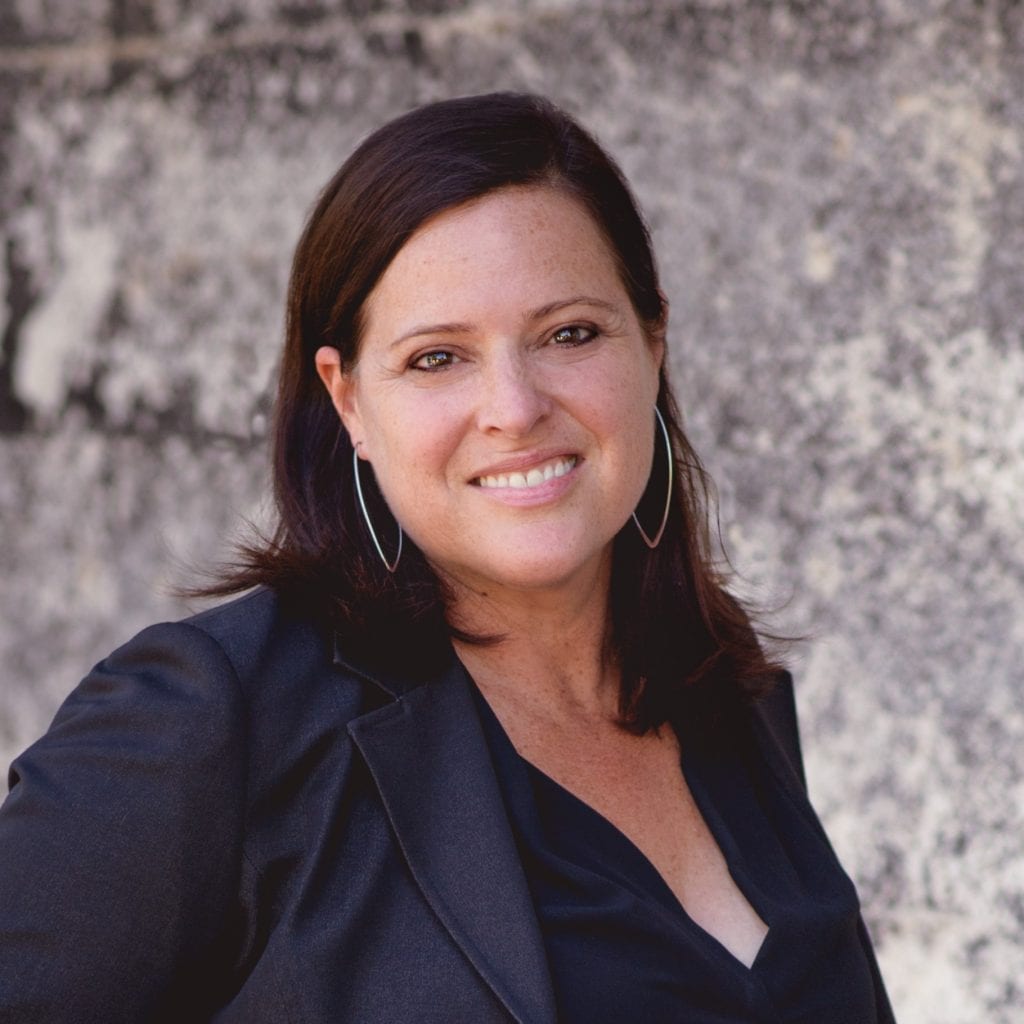
Rebecca Lewison is a field leader in quantitative ocean analyses, developing new analytical approaches to integrate telemetry and other spatial data into a fishery bycatch and sustainable fisheries context, mapping global bycatch data, estimating risk thresholds for non-target species, and exploring the interdisciplinary nature of bycatch reduction. Her innovative and collaborative fishery research has set the stage for new research directions, specifically in dynamic ocean management, which brings best-available remote sensing and habitat modeling science directly to fishery management.
Rebecca’s research expertise in applied conservation science is focused on generating actionable science in service of resource management, often at the science-management interface. She received her BS from Vassar College, her PhD at UC Davis, is a Professor at SDSU, and serves as the co-director of the Institute for Ecological Monitoring and Management.
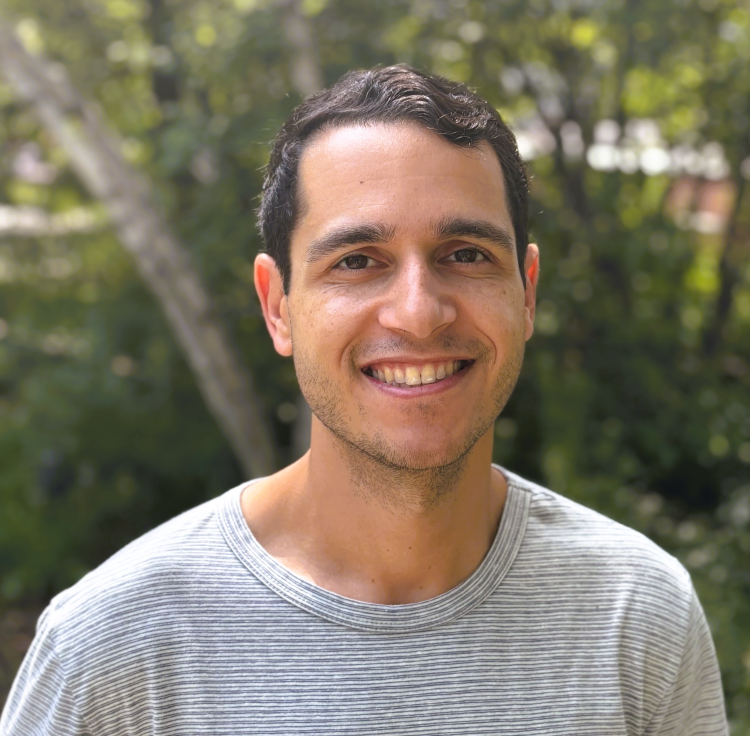
Nima Farchadi is a marine ecologist and postdoctoral researcher at Woods Hole Oceanographic Institution. His research focuses on understanding how press and pulse dynamics of climate change impact species distributions and pose challenges for fishery management and marine conservation. Much of his work supports climate-ready and sustainable fisheries by applying spatiotemporal modeling and innovative data integration techniques to develop tools that better understand the climate-induced redistribution of marine predators and fishing fleets.
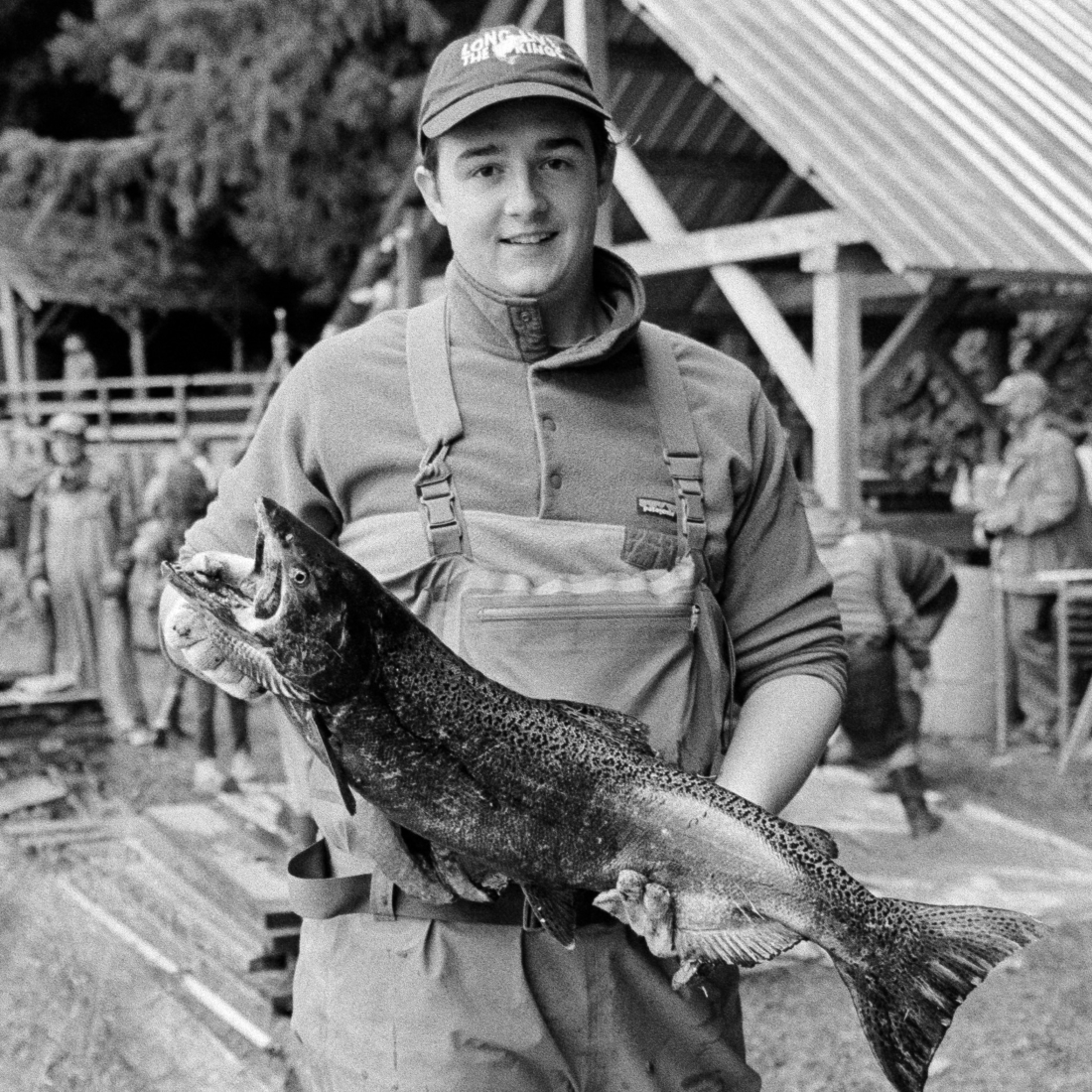
Jack McDermott is a master's student at San Diego State University in the Conservation Ecology Lab. Jack is broadly interested in applied ecological research within the context of marine ecosystems. His interests integrate socioecological elements of fishery ecology, management, and conservation.
Jack completed his undergraduate degree in social science at the University of Washington studying human dimensions of resource management and environmental change. He has a diverse background in fisheries science including work with salmon, groundfish, and highly migratory species. Most recently, Jack worked as a fishery observer in California’s large-mesh drift gillnet, deep-set buoy gear, and deep-set longline fisheries recording a wide range of fishery data and collecting biological samples at sea.
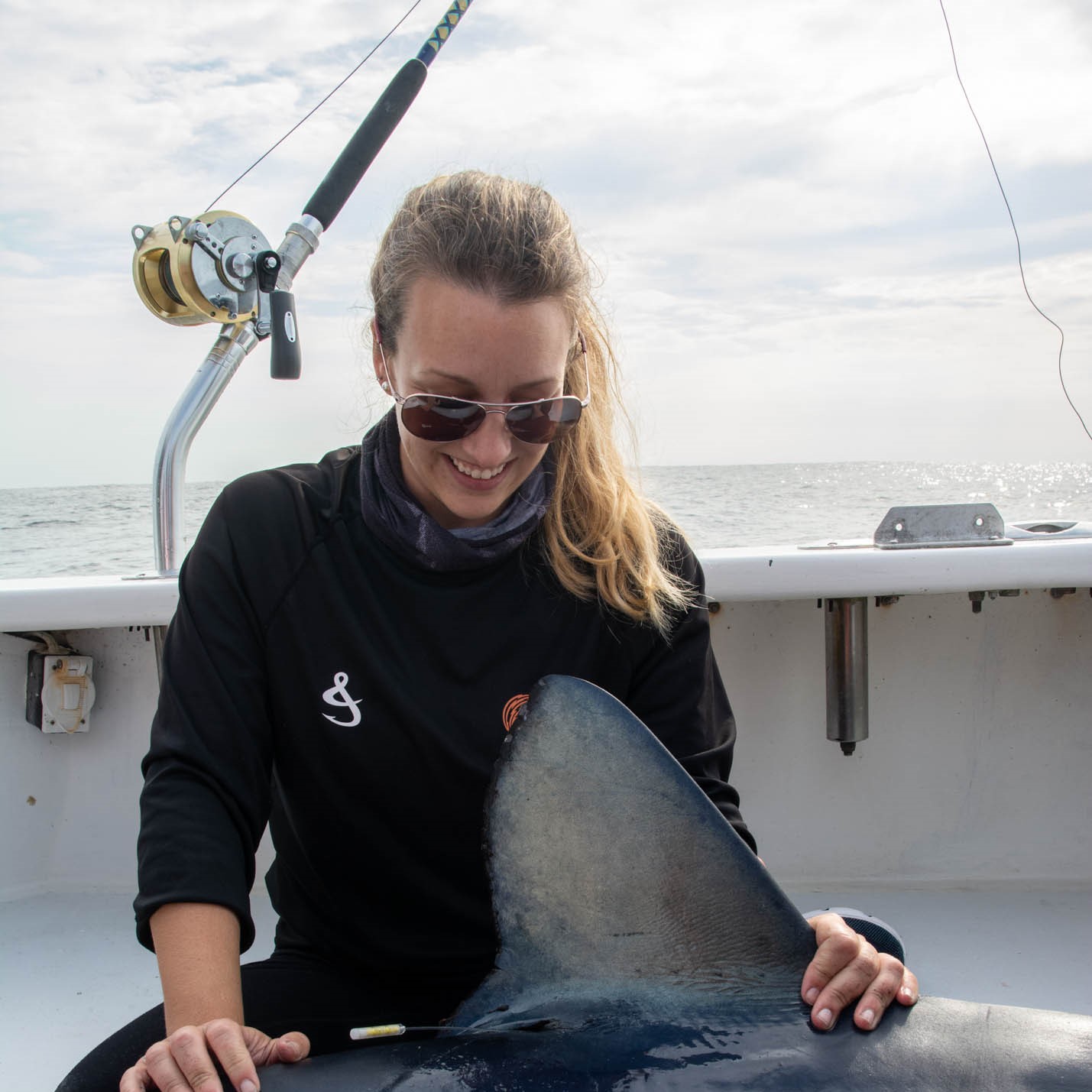
Laura McDonnell is a postdoctoral scholar at the Woods Hole Oceanographic Institution. She is broadly interested in climate change and variability in aquatic systems and their impacts on fish and human stakeholders. Her current research examines how marine predators interact and are affected by transient oceanographic processes and events, including mesoscale eddies and marine heatwaves.
Laura completed her PhD at the University of Miami, where she used an interdisciplinary approach to explore how shark-borne sensor data could be integrated into ocean observation, climate forecast models, and dynamic spatial management efforts. Her master's and undergraduate research at McGill University examined how African and Canadian freshwater fish respond physiologically and behaviorally to environmental warming and hypoxia.
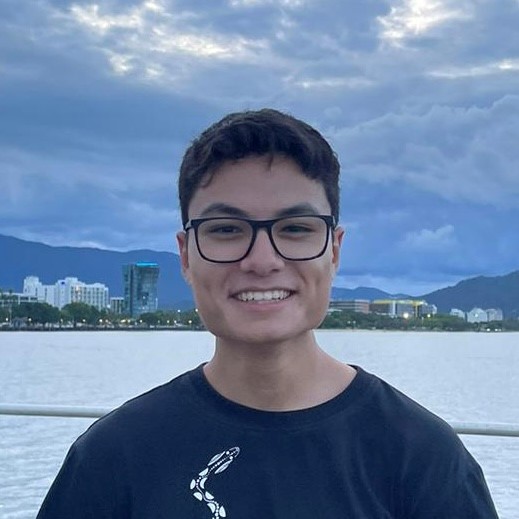
Hunter Milles is a San Diego State University doctoral student in the Conservation Ecology Lab. Hunter’s research aims to leverage multiple data types to characterize how changing environmental dynamics may impact the distributions of highly migratory species from a management perspective. He is especially keen on investigating species-specific constraints in conjunction with environmental drivers.
Hunter received a BA from Oberlin College with highest honors. He was also a National Science Foundation Research Experiences for Undergraduates fellow with the Marine Predator Group at Woods Hole Oceanographic Institution.
.



